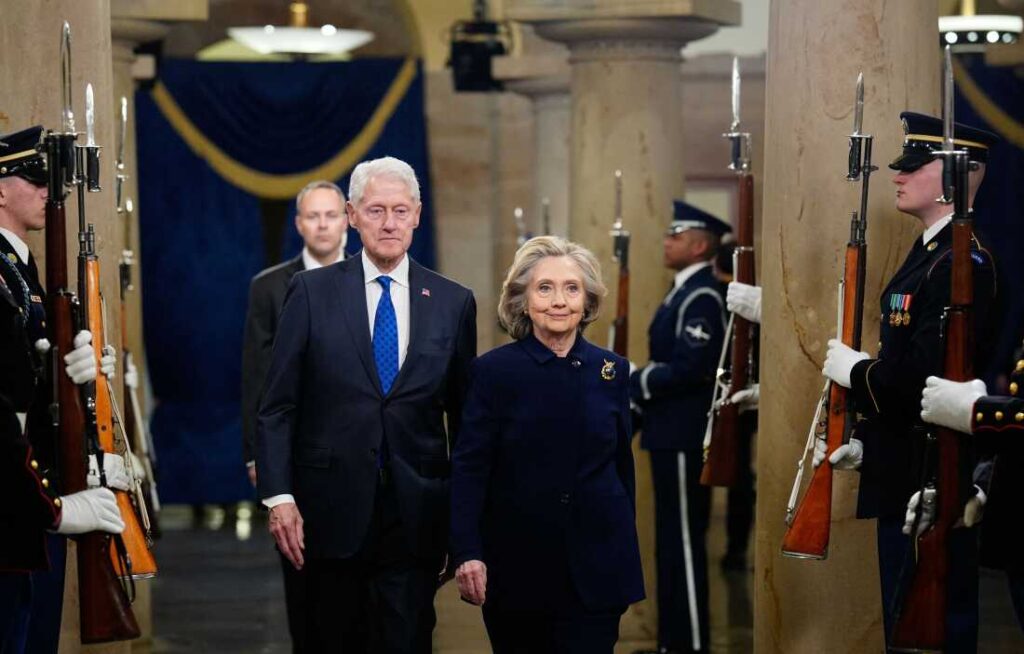Pete Hegseth CREC Church Ties Raise Political and Public Alarm

Defense Secretary Pete Hegseth’s Ties to Conservative CREC Church Network Draw Scrutiny
Defense Secretary Pete Hegseth faces renewed attention over his membership in the Communion of Reformed Evangelical Churches (CREC). The network is known for its patriarchal theology and promotion of Christian nationalism.
Hegseth, one of President Donald Trump’s most debated Cabinet picks, recently shared a CNN video about CREC pastors. In it, they argued that women should not have the right to vote. He captioned the post with Christ Church’s motto: “All of Christ for All of Life.”
CREC Leadership and Beliefs
Doug Wilson, CREC co-founder and pastor of Christ Church in Moscow, Idaho, thanked Hegseth for reposting the video. Wilson’s church follows complementarianism, teaching that men and women have different God-given roles. Women cannot serve in leadership, and wives must submit to their husbands.
Wilson has said he believes the 19th Amendment “was a bad idea,” though his wife and daughters vote. In church elections, male heads of households usually cast the vote. Unmarried women may vote in those settings.
Military and Gender Views
Hegseth has questioned women’s roles in combat. Wilson, a Navy veteran, also rejects women serving in some positions. He has criticized the decision to place women on submarines, using controversial analogies to make his point.
Both men share skepticism toward gender equality in politics and military service, aligning with CREC’s patriarchal stance.
CREC’s Theology and Expansion
Founded in 1998, CREC has grown to more than 130 churches worldwide. Its teachings follow a strict interpretation of Reformed theology, influenced by Christian Reconstructionism. This movement promotes Christian dominion over all areas of life.
The network has extended its reach through institutions like New Saint Andrew’s College, the Association of Christian Classical Schools, and publisher Canon Press, which produces books promoting Christian nationalism and traditional masculinity.
Links to Christian Nationalism
Wilson openly supports a Christian nation and accepts the label “Christian nationalist.” He envisions what he calls “Christian America 2.0.” Historians note this vision conflicts with the U.S.’s secular founding principles.
CREC recently opened Christ Church DC, which Hegseth attended on its first Sunday. The new location strengthens the group’s ties to federal power. Wilson insists the church’s goal is spiritual, yet acknowledges the unprecedented proximity to political leaders.
SOURCE: The Boston Globe
: 315







